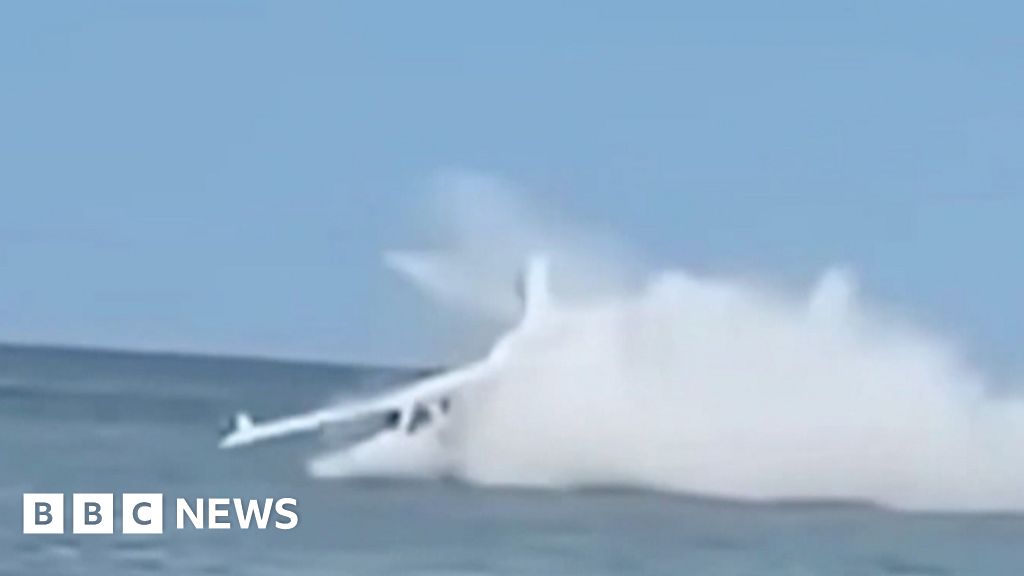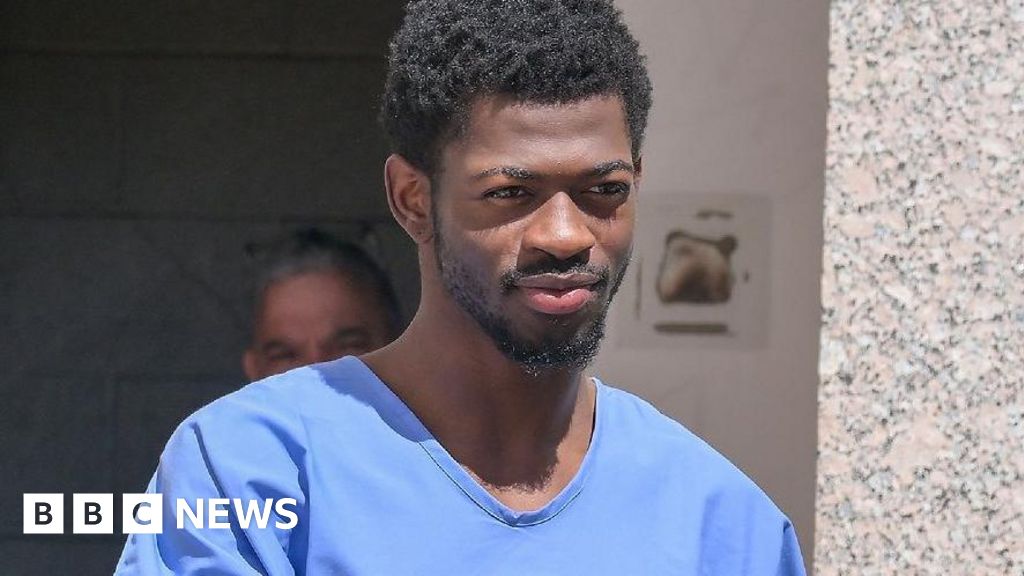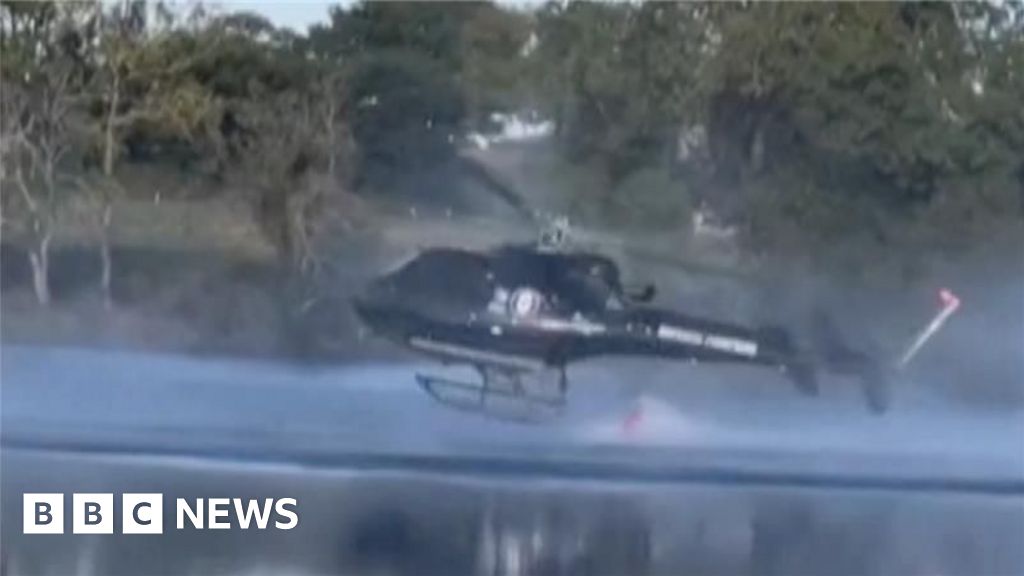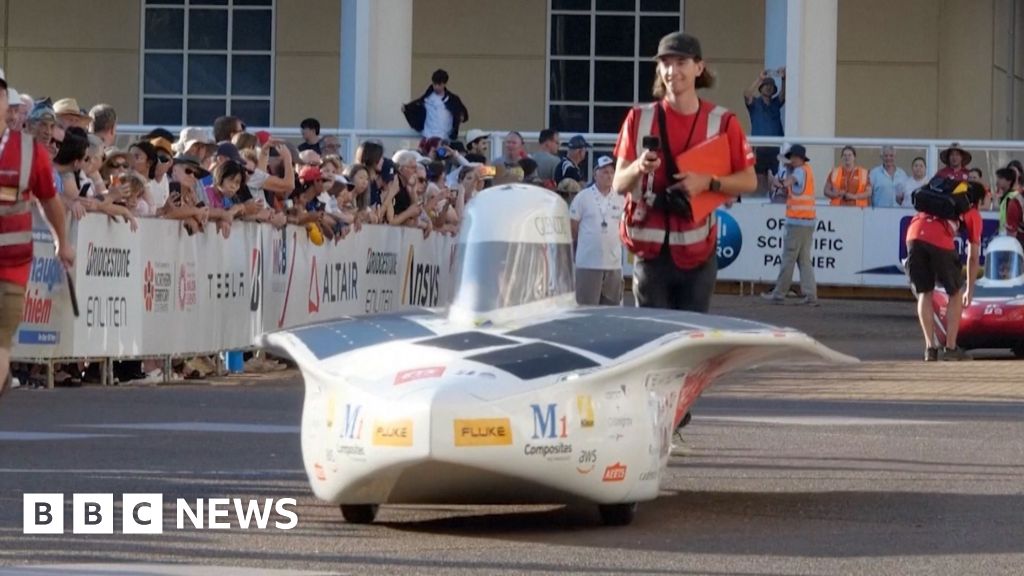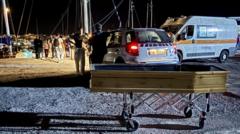Wilga was last reported seen in Beacon, Western Australia, on June 29, prior to her rescue efforts that were initiated after police discovered her abandoned vehicle on Thursday. The acting police inspector described the rescue as a stroke of luck after a passerby spotted Wilga waving for help. This incident not only underscores the perils travelers can face in remote areas, but also serves as a reminder of the importance of preparedness and caution while exploring uncharted territories.
Western Australia's police reported that Wilga has since received care in a Perth hospital and is recovering, albeit with visible injuries from insect bites and foot trauma. Her family expressed relief and gratitude that she was ultimately located.
The unique situation faced by Wilga highlights several key aspects for discussion: the unpredictability of the wilderness, the importance of local knowledge for travelers, and the role of passerby intervention in emergency rescues.
As Wilga recuperates, her ordeal prompts a renewed focus on safety measures for backpackers, including travel companions, proper equipment, and awareness of the risks posed by isolated environments.
In the context of such experiences, the Australian outback remains a captivating yet formidable destination for adventurers, necessitating a vigilant approach to exploration.
Although Wilga's story ends on a hopeful note, the ongoing dialogue regarding responsible travel continues to resonate, urging tourists to learn crucial lessons about survival and awareness in remote regions.
Western Australia's police reported that Wilga has since received care in a Perth hospital and is recovering, albeit with visible injuries from insect bites and foot trauma. Her family expressed relief and gratitude that she was ultimately located.
The unique situation faced by Wilga highlights several key aspects for discussion: the unpredictability of the wilderness, the importance of local knowledge for travelers, and the role of passerby intervention in emergency rescues.
As Wilga recuperates, her ordeal prompts a renewed focus on safety measures for backpackers, including travel companions, proper equipment, and awareness of the risks posed by isolated environments.
In the context of such experiences, the Australian outback remains a captivating yet formidable destination for adventurers, necessitating a vigilant approach to exploration.
Although Wilga's story ends on a hopeful note, the ongoing dialogue regarding responsible travel continues to resonate, urging tourists to learn crucial lessons about survival and awareness in remote regions.






